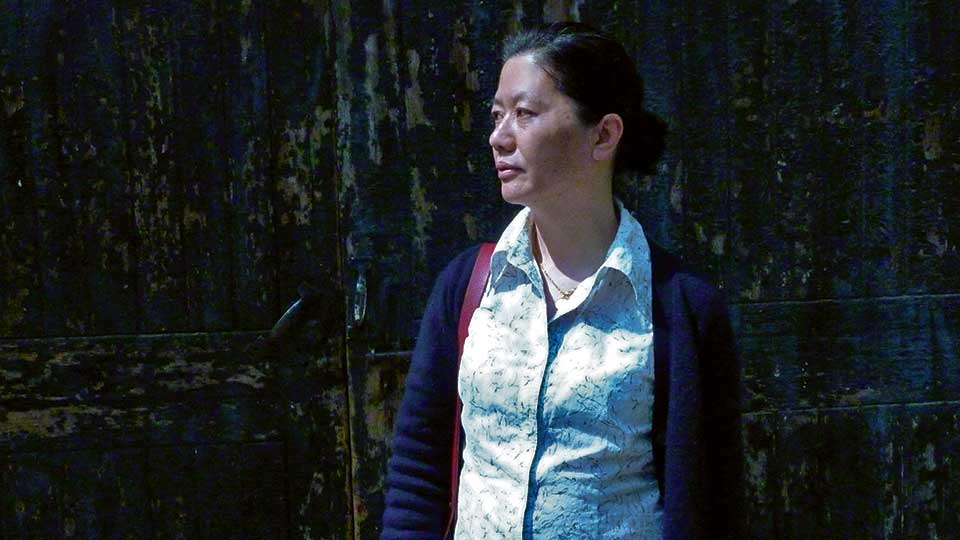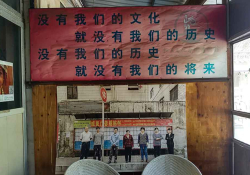A Q&A with Wang Anyi

Q: Would you like to be called a “woman writer” or just a “writer”?
A: When I was young, I didn’t like the title “woman writer”; but now I’ve accepted it, because that is what I am.
Q: Which is your favorite period of Shanghai?
A: I grew up and live in Shanghai, so it is a place I cannot view objectively. Because my experiences are connected to Shanghai, it is more about which period of my life, rather than which period of Shanghai, that I like most. In the 1980s, I was young, but there were a lot of problems in my life. Now I live a comfortable life, but I’m no longer young.
Q: It seems that the longtangs in your works represent not only the unique urban layout of Shanghai but also its complex history. Are the longtangs both spatial and temporal?
A: Novelists are not responsible for reality. The longtangs are a stage I set up for my fictional characters. Whether the longtangs are temporal or spatial, they are theatrical.
Q: What constantly drives you to break through your limits so you can produce works with different styles?
A: My love for imagination and words. I don’t think I’ve had breakthroughs; I just keep writing day by day.
Q: Which work have you read the most?
A: Dream of the Red Chamber.











